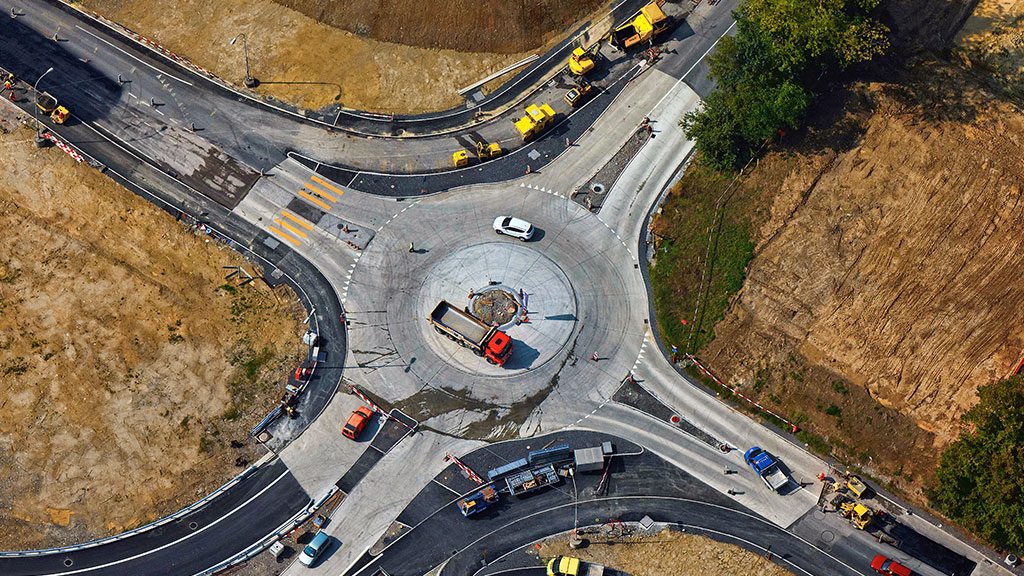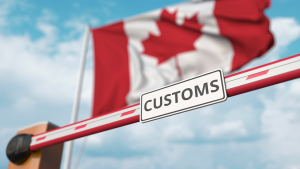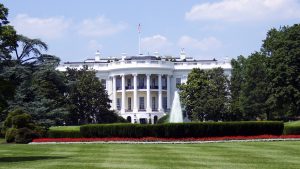Construction stakeholders have reacted with dismay to the late-campaign revelation by the federal Conservative Party that it would delay billions in infrastructure spending to achieve a balanced budget, with commentators warning the backslide could hurt the economy and create investor uncertainty.
John Gamble of the Association of Consulting Engineering Companies – Canada (ACEC) said the delay was a “concern” while Arlene Dunn, director of Canada’s Building Trades Unions, said, “taking away investments in infrastructure poses a threat to economic prosperity and jeopardizes the safety of all Canadians.”
Conservative Leader Andrew Scheer revealed the strategy Oct. 11, a day after the final debate. With his party promising a balanced budget in five years, they needed to find billions in savings per year by 2024-25 and so among other measures have proposed to extend the Liberals’ 12-year, $187-billion Investing in Canada plan to 15 years, meaning $18.1 billion in infrastructure spending reductions over the next five years.
The delay has been calculated to create savings of $6.726 billion a year by 2024-25.
If we see our infrastructure investment start to backslide…you start to put more money into short-term maintenance,
— John Gamble
Association of Consulting Engineering Companies – Canada
Mary Van Buren, president of the Canadian Construction Association, commented, “Any government actions to balance the budget by slowing down infrastructure investments will lead to increased business and investor uncertainty, harming our ability to attract talent at a time when there is a shortage of workforce and limiting the urgently needed funding to address the weak state of repair of many of our roads and bridges.”
“Cities and communities across the country have an urgent need for increased investment in infrastructure,” said Federation of Canadian Municipalities president Bill Karsten in a statement. “Proposed measures in this platform appear to move in the opposite direction, with fewer infrastructure dollars available year-over-year to create jobs, improve roads and bridges, and maintain the local services Canadians rely on.”
Gamble said the delay represented “big capital.” But he acknowledged that the Conservatives were striving for an otherwise laudable goal.
“Fiscal prudence is important to sustainability to continue infrastructure investment and because we believe infrastructure is a core business of government, we want to make sure the government’s books are sound and we have confidence the investment will happen,” he said.
“Having said that, our concern is less with how many years it’s over but rather the year-by-year profiling of the expenditures…everybody keeps kicking investments into the future. That makes it more difficult for the municipalities and other partners to manage and allocate resources.”
The result could be short-term savings but with a troubling outcome — a “pyrrhic victory,” Gamble said.
“If we see our infrastructure investment start to backslide, we are going to see more watermain breaks, we are going to see more congestion, and also what happens, instead of renewal, you start to put more money into short-term maintenance instead of long-term solutions that are more efficient,” he said.
The Conservatives said they would respect agreements for projects currently planned or under construction but in future they would change the priority list.
Scheer said his government would better manage infrastructure project spending by meeting spending commitments, unlike the Liberals who have repeatedly failed to reach announced spending targets.
“We’re going to see those through and we’re going to put in place a responsible plan that actually gets money out the door and shovels in the ground,” he told reporters.
Election day in Canada is Oct. 21.
Follow Don Wall on Twitter @DonWall_DCN.










Recent Comments
comments for this post are closed